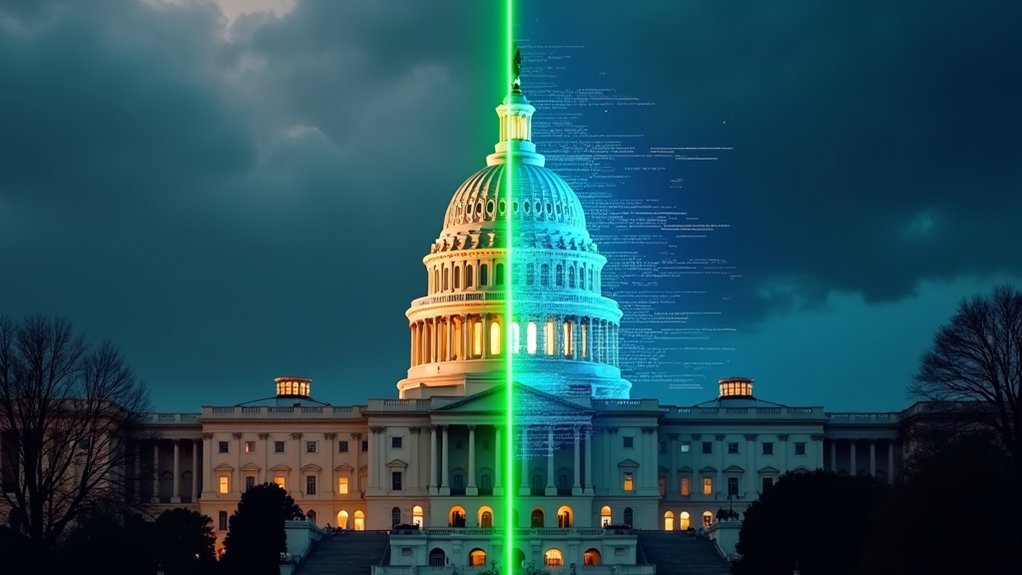Nearly half of Brazilian workers’ paychecks could soon arrive not in reais, but in Bitcoin or other cryptocurrencies. A new bill, PL 957/2025, introduced by Federal Deputy Luiz Philippe de Orleans e Bragança on March 12, would allow employers to pay up to 50% of salaries in crypto. The other half? Still gotta be in good old-fashioned Brazilian real. That’s the catch.
Brazil eyes crypto-paycheck revolution: half your salary in Bitcoin? The other half stays safely in reais.
No full crypto payments for regular employees. Period. Though independent contractors can get their entire payment in digital currencies if they want. These flexible payment terms for freelancers depend entirely on individual contractual agreements. Expatriate employees also dodge the 50% limit. Lucky them.
The bill isn’t forcing anyone into crypto either. Both employer and employee must voluntarily agree to the arrangement. The Central Bank of Brazil would set the conversion rates, so no funny business there.
Brazil’s looking to boost its fintech sector and attract crypto investments. Makes sense. The global crypto economy is booming, and Brazil doesn’t want to miss out. Japan, Portugal, and Switzerland already have similar regulations in place. El Salvador went all-in and made Bitcoin legal tender in 2021. Meanwhile, Turkey and Russia said “hard pass” and banned crypto payments altogether.
There are some real benefits to this approach. Lower transaction fees for international payments. Financial inclusion for the unbanked. A potential hedge against inflation. This provides workers with complete control over their financial assets without traditional banking reliance. Not bad.
But let’s not kid ourselves—cryptocurrencies are volatile as hell. Today’s half-paycheck could be worth a quarter tomorrow. Or double. Who knows? There are also tax implications, cybersecurity concerns, and the very real possibility of wage manipulation. The bill requires companies to provide workers with detailed payment statements and financial education resources to help them navigate the digital asset landscape.
Before becoming law, the bill needs approval from the Chamber of Deputies and Federal Senate. If passed, the Central Bank will establish official exchange rates, and companies will need to develop detailed payment statements.
Financial education programs for employees would also roll out. Because nothing says “welcome to the future” like needing a class to understand your paycheck.





